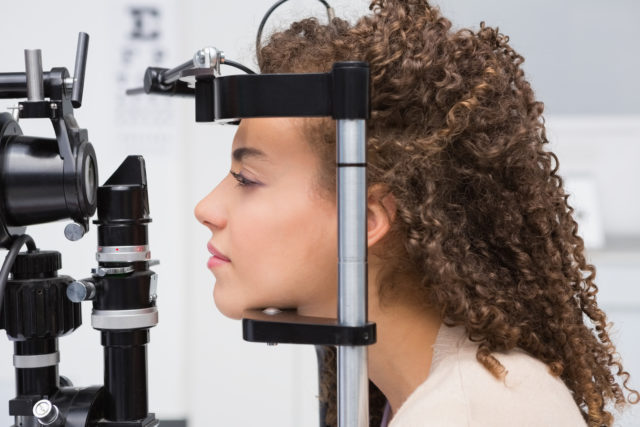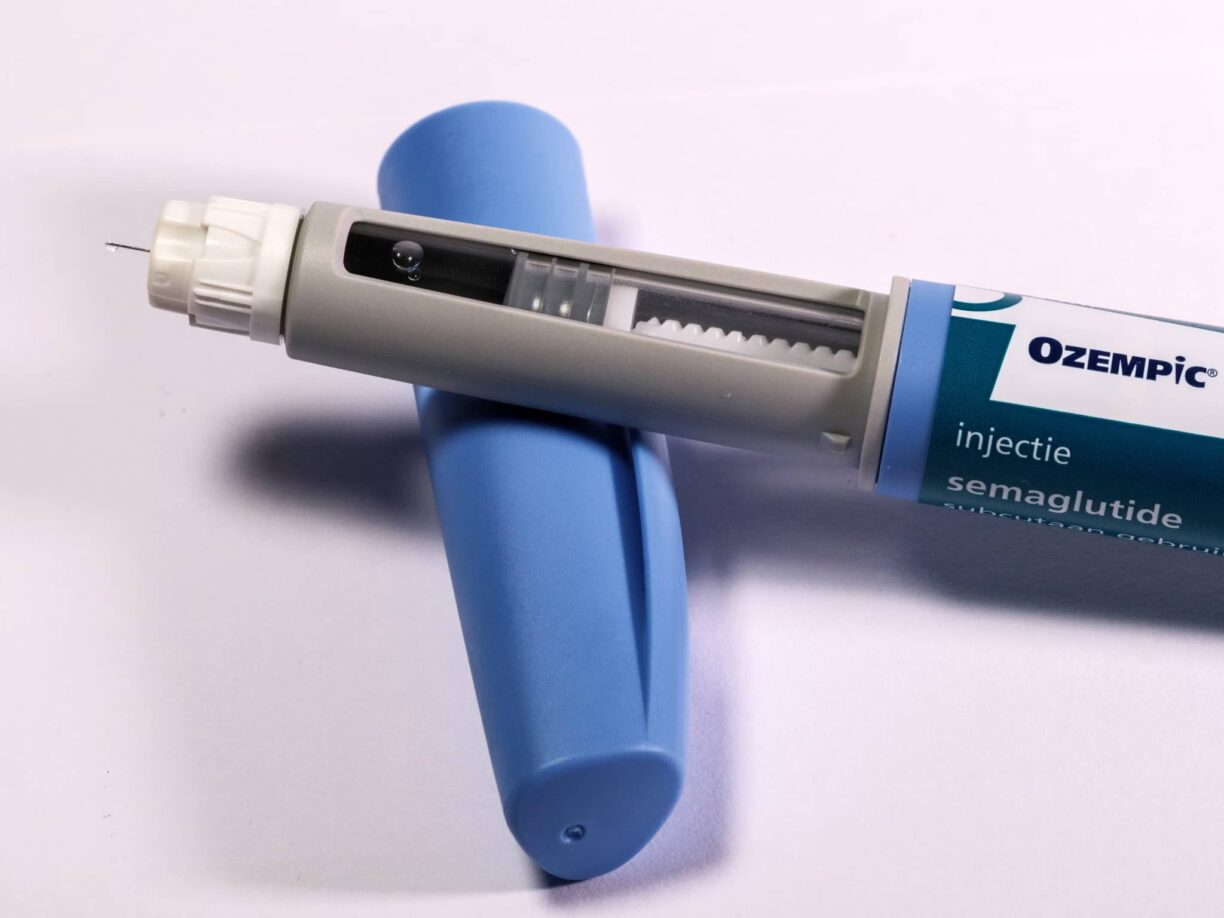We all know that blurred vision is a sign that you might be in need of a new pair of glasses, but your eyes can also give less obvious clues that something isn’t right with your health.
As well as detecting vision problems, such as glaucoma or macular degeneration, an eye test can also reveal whether you’re suffering from a number of serious health conditions, including diabetes, high blood pressure and high cholesterol.
Currently, around 13.8 million people in the UK aren’t having their eyes tested every two years, research by Specsavers and Royal National Institute of Blind People (RNIB) has found.
Eyecare Trust also estimates that one in 10 adults have never had an eye examination, even though 85% of Britons admit to having vision problems.
“Many people think an eye test is simply reading letters on a chart, but this isn’t the case,” says Dr Nigel Best, a clinical spokesperson for Specsavers.
“An eye test is a window to both eye and general health and, if carried out every two years – as recommended by optometrists – can ensure healthy eyes and check for other health conditions too.
“Vision problems can present themselves in all different shapes and sizes, and being able to see clearly doesn’t necessarily mean all is well with your eye health.”
Signs and symptoms of a vision problem
One of the main reasons why it’s easy to neglect your eyes is because they often don’t hurt when there’s a problem.
Best says that it’s really important to keep a check on any noticeable changes to your sight, alongside booking in for regular eye tests.
“Tell-tale signs of vision problems include things like blurred vision, tired or aching eyes, and difficulty focusing at different distances,” he notes.
Other warning signs include seeing flashes of light or sudden bright floating spots, seeing rainbows or halos around lights, changes in the colour of the iris, itching or discharge around the eyes and sensitivity to light.

“It’s also important to take note of headaches and sore eyes when they occur,” says Best, “as they can be indicators of something that needs checking and sorting.”
Health problems that an eye examination can spot
Eye examinations don’t just tell you whether you need glasses, they can also detect underlying eye conditions and a range of other ‘silent’ health problems.
Symptoms of these conditions are not always obvious, so regular eye tests are an essential part of staying healthy.
Here are just a few that may be discovered during an eye exam:
1. Glaucoma
Glaucoma is a group of eye diseases that affect the optic nerve, which connects the eye to the brain.
“An eye examination can reveal early signs of glaucoma, and early detection and treatment can reduce the risk of vision loss,” says Best.
2. High blood pressure
“If your blood pressure is raised, this may be apparent when an optometrist examines the blood vessels in the back of your eye,” says Best. High blood pressure – a condition which affects one in three UK adults – is important to keep in check, as it’s linked with stroke, heart disease and vascular dementia.
3. Age-related macular degeneration
“This eye condition can cause loss of central vision and can be detected by looking for changes to your retina during an eye examination,” says Best.
It doesn’t cause total blindness, but it can make everyday activities – like reading and recognising faces – difficult, and without treatment, your vision might get worse.
4. Diabetes
“As many as 550,000 people in the UK have undiagnosed diabetes, which can lead to sight loss,” says Best.
High blood-sugar, which is related to diabetes, can cause damage to the small blood vessels in the eye, resulting in diabetic retinopathy – a leading cause of blindness in the UK.
An optometrist will be able to spot early signs of the medical condition, such as tiny leaks from damaged blood vessels.
5. Cataracts
A cataract is a condition where the lens of the eye becomes cloudy, leading to vision problems. Cataracts typically develop gradually and can affect one or both eyes.
The most effective treatment is cataract surgery, a procedure in which the cloudy lens is replaced with a clear artificial one.
“Your optometrist can make sure you are referred for treatment for your cataracts at the right time,” says Best. “This is usually when they are making day-to-day activities difficult.”
6. Cardiovascular disease
Best says that eye examinations can even give a clue to your heart health, picking up signs of cardiovascular disease, such as high cholesterol and high blood pressure.
This is because the arrangement of blood vessels at the back of the eye, also known as the retina vasculature, is closely connected to the health of your heart.
“Your eyes can reveal a lot about your general health, so it’s really important to have regular eye tests – once every two years, or more often if recommended by your optometrist,” says Best.





